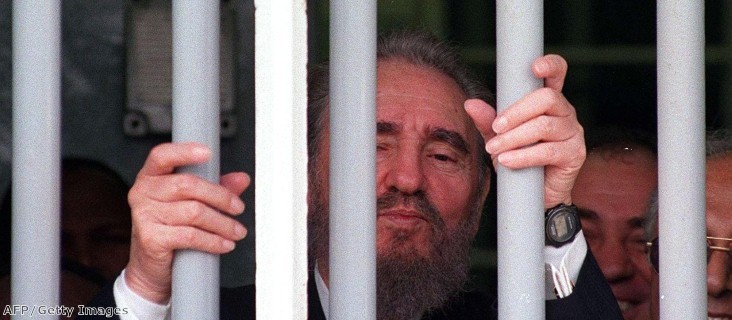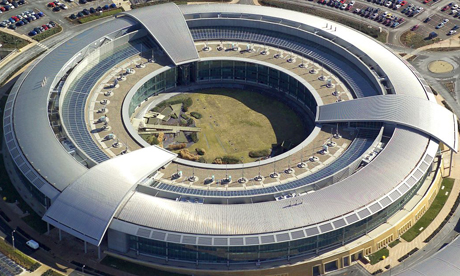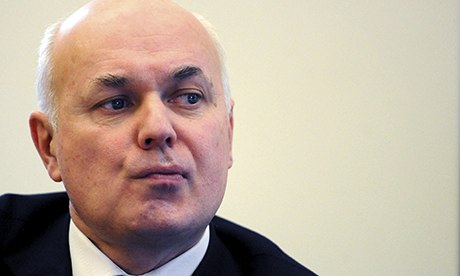Politics news allorts
Commentary and analysis on recent UK politics events.

There’s a very good article about the sanitization through political values of Nelson Mandela and the South African campaign against Apartheid at politics.co.uk. I’ll quote some but urge you to read the whole article.
…
For decades, Cuba supported the armed struggle liberation movements in South Africa, Cape Verde, Guinea-Bissau, Angola and Mozambique. In 1961, when Che Guevara attended a summit in Geneva as industry minister, he attacked “the inhuman and fascist policy of apartheid” and demanded the expulsion of South Africa from the UN, all decades before Britain could bring itself to challenge the racist government.
The climax of the decades-long campaign came when Cuba supported liberation forces in Angola against South African interference. In the 1988 battle of Cuito Cuanvale, a victory celebrated across southern Africa, South African soldiers were defeated a volunteer Cuban army , dragging PW Botha and FW de Klerk to the negotiating table.
Mandela described Cuba as “our friend”, a country which “helped us train our people, who gave us resources that helped us so much in our struggle”. He added: “The defeat of the racist army at Cuito Cuanavale has made it possible for me to be here today. What other country can point to a record of greater selflessness than Cuba has displayed in its relations with Africa? For the Cuban people internationalism is not merely a word but something that we have seen practiced to the benefit of large sections of humankind.”
When challenged on his friendship with Castro by Clinton, Mandela replied: “We should not abandon those who helped us in the darkest hour in the history of this country.”
…
Welfare reforms cut food budgets to as low as £20 a week – survey
Low-income households spend an average of £2.10 per person per day on groceries, having cut their daily food budget drastically since the summer, according to the latest instalment of a survey on the impact of welfare reform.
The detailed survey of more than 87 families found that a third said they now spent less than £20 a week on food, partly to cope with spiralling gas and electricity bills, while more than half said they had no money left once bills were paid.
A combination of shrinking incomes and rising living costs, coupled with high personal debts meant the “reality of everyday life has got tougher” for low-income families since April when a series of welfare changes, such as the bedroom tax, were introduced, the report said.
…
Former spy chief quits Cambridge college ahead of Iraq war revelations
Sir Richard Dearlove, the former head of MI6, has resigned as Master of Pembroke College, ahead of the potential release of his account of the events leading to the Iraq war
…
Sources close to Dearlove have spoken about how he feels Chilcot should recognise the role played by Blair and his spokesman Alastair Campbell in the reports which suggested Saddam could use chemical weapons to target British troops in Cyprus – a claim which put Britain on a path to war in Iraq.

